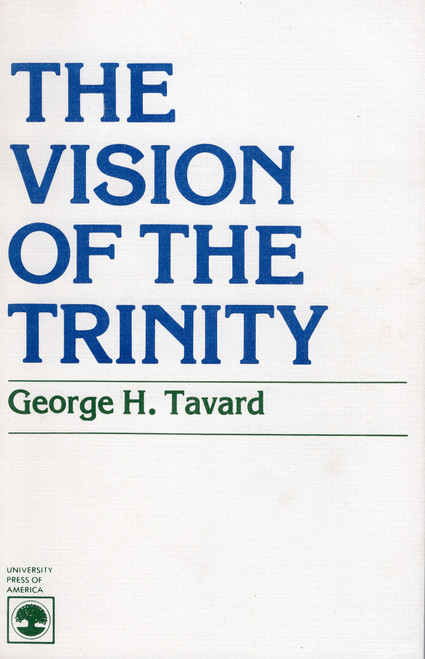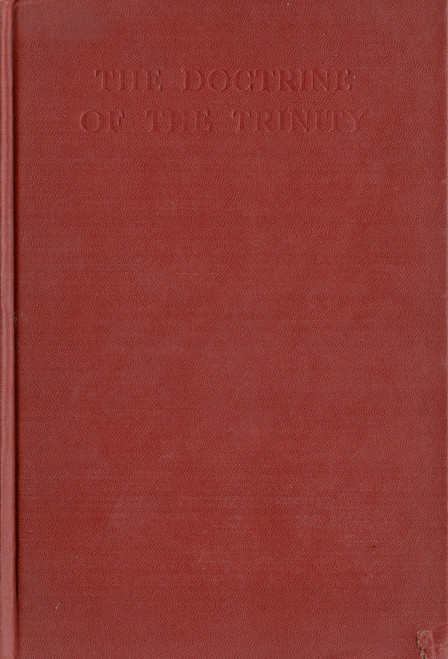Among the doctrines and symbols of Christianity perhaps none has been as subject to theological neglect as that of the Trinity. Recently, however, there have been stirrings in the theological world seeking to remedy this neglect. The present volume, a historical and systematic investigation of the doctrine of the Trinity, is intended as one contribution to this renewed theological discussion of the trinity of God. In the first part, the author examines the New Testament matrix of an emerging trinitarianism, the shaping of the tradition by the Greek fathers, and the systematization of the doctrinein Augustine and medieval Scholasticism. The second part explores the post-Enlightenment understanding of the Trinity in Schleiermacher and Hegel and the twentieth-century interpretation of Barth, Tillich, Rahner, Pannenberg, Moltmann, Muhlen, Whitehead, and others. Both parts are critical and systematic examinations of the ways in which the Trinity has been understood and interpreted in the past and in contemporary thought, undertaken with a view to the reappropriation of the tradition for the present.
The historical and critical parts lay the foundation for the third part of this study, a contemporary reinterpretation of the Trinity which complements Aquinas's metaphysical concept of "person" with psychological and subjective dimensions brought out by contemporary thinkers. The result of this rethinking of the Trinity is an understanding of God not as a self-enclosed Absolute but as a self-communicating personal deity, and understanding that avoids the Scylla of Modalism on the one hand and the Charybdis of Subordinationism on the other. In this way, the Trinity is made manifest as at once a doctrine concerning God in his own being and identity and a doctrine concerning God's saving action in history--as both a mystery in God and a mystery in salvation.
Editorial Review(s)
"[A] distinguished contribution...Hill brings a remarkable breadth of scholarship to his historical overview of classical Trinitarian theology. He reviews the biblical sources for the doctrine, traces its gradual development among the Latin and Greek fathers, and analyzes carefully the Trinitarian theology of Augustine and Aquinas."--The Journal of Religion
About the Author
William J. Hill, O.P., is Professor Emeritus of Theology at The Catholic University of America. He received his S.T.D. degree from the University of St. Thomas (Angelicum), Rome, and has taught at the Dominican House of Studies of Washington, D.C. He has written numerous articles on theology and religion, and is author of Knowing the Unknown God.









